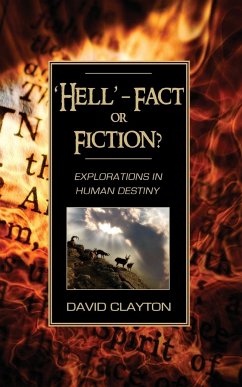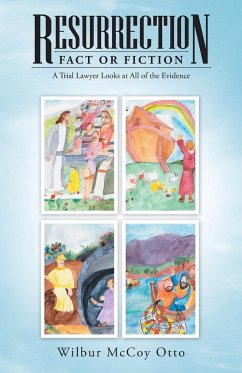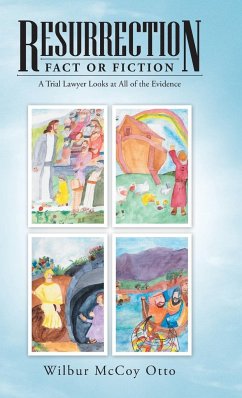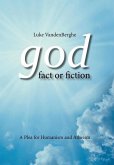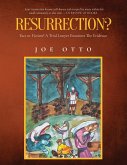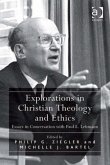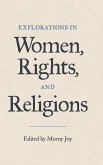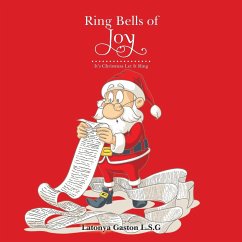Soon as from earth I go what will become of me? Eternal happiness or woe must then my portion be. Charles Wesley's words from his moving hymn, 'Idumea', seem to encapsulate the traditional Evangelical standpoint on the afterlife. And it is in response to such a conservative 'sheep and goats' eschatology, as found in the Evangelical Alliance's 'Report on the Nature of Hell' (2000), that the Reverend David Clayton has penned this sensitive yet carefully argued work. From a pastoral point of view, preaching 'hell' today is a thankless task. Punishment is an alien concept to a whole generation. Criminals are simply 'unlucky to get caught'. So the concepts of moral obloqy and enduring punishment are alien to our modern liberal minds. David Clayton's approach is theological and scripture-based. Careful analysis of key terms - 'condemnation', 'judgment', 'eternity' and 'hell' itself - reveals a convincing counter-argument to the traditionalists. Positing an intermediate state after death, he uses sources as diverse as Dean Farrar and Jan Bonda to offer hope of a 'second chance' to those who have lost sight of God's kingdom, or who have never glimpsed it, here on earth. Yes, we were 'born to die' in Wesley's words. No, we were not fashioned in God's likeness in order to suffer eternally. And the proof is found in the message of love preached by His son, Jesus Christ.
Hinweis: Dieser Artikel kann nur an eine deutsche Lieferadresse ausgeliefert werden.
Hinweis: Dieser Artikel kann nur an eine deutsche Lieferadresse ausgeliefert werden.

